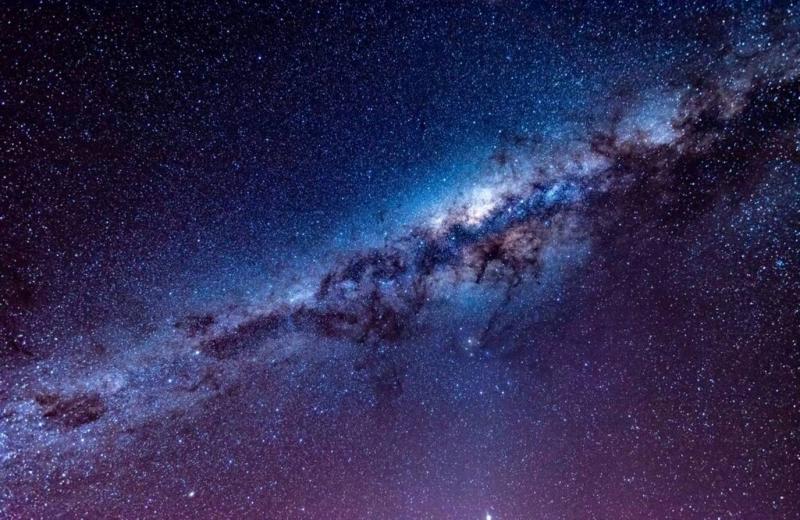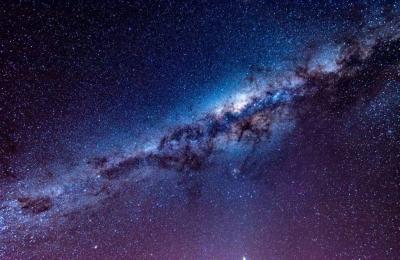For the first time in the history of astronomy, scientists have observed the birth of three of the earliest galaxies in the universe. A team from the Niels Bohr Institute, a research center affiliated with the University of Copenhagen, documented the "direct" birth of three of the oldest galaxies ever, dating back between 13.3 and 13.4 billion years, using the James Webb Space Telescope. By utilizing the telescope's infrared vision, scientists were able to distinguish large amounts of hydrogen accumulating around a small galaxy in the process of formation.
Although the process of galaxy formation has been known through theories and computational simulations, it had not previously been "actually" observed. Moreover, this is the furthest measurement made to date of this cold neutral gas, which is the main component of stars and galaxies. Casper Elm Heints from the Niels Bohr Institute, who led the study, stated, "One could say that these are the first direct images we have ever seen of galaxy formation." He noted, "While James Webb previously showed us early galaxies in later stages of their development, here we witness their birth, and thus the construction of the first stellar systems in the universe."
Scientists estimate that the birth of the three galaxies occurred approximately 400 to 600 million years after the Big Bang. While this may seem like a long time, it aligns with galaxies that formed during the first 3% to 4% of the total age of the universe, which is about 13.8 billion years. Shortly after the Big Bang, the universe was a vast dark gas of hydrogen atoms, unlike today, where the night sky is dotted with well-defined stars. Associate Professor Darragh Watson explains, "Within a few hundred million years after the Big Bang, the first stars formed before gas and stars began merging to create galaxies. This is the process we see the beginning of in our observations."




